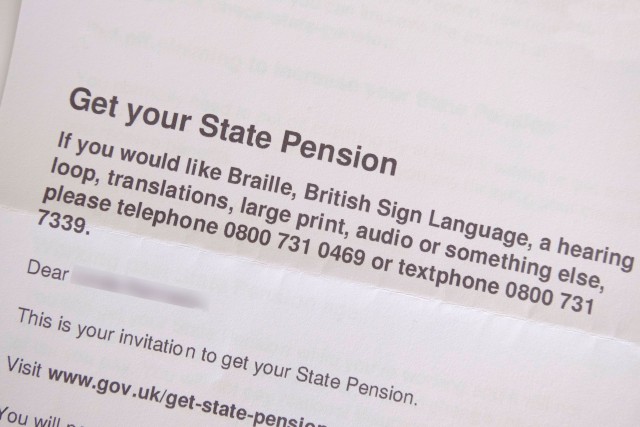Introduction
The cost-of-living crisis is expected to ease in 2024, according to experts. However, a recent survey reveals that 62% of Sun readers feel worse off compared to last year. In order to help readers make their money go further, finance guru Warren Shute shares his money tips for each age group.
Challenges and Concerns
Housing costs remain a significant challenge, with 57% of readers struggling to pay their rent or mortgage. Gas and electric bills are another top headache, with 67% of readers rating them as their main concern. Additionally, 26% find it hard to afford heating, 60% worry about transport costs, and 59% struggle to pay for essential groceries.
Age-Specific Tips
Age 16-24: Shute suggests setting up a Lifetime ISA (LISA) to receive a 25% bonus on any money paid in up to £4k. This money can be used for a first house purchase or retirement. Those aged 16 can have both a Cash ISA and a Junior ISA.
Age 25-34: This is a critical time for getting on the property ladder. Shute advises considering the implications of joint assets, such as a house, as they can be difficult to reverse if a relationship ends. He also recommends protecting deposits from family members using a deed of trust.

Age 35-44: With assets increasing, having a will and keeping it up to date is essential. Shute also suggests exploring ways to boost income, such as claiming benefits through websites like entitledto.co.uk or taking on side hustles.
Age 55-64: It is crucial to check the state pension amount and consider ways to increase it. Shute advises writing Lasting Powers of Attorney to appoint someone to manage finances and make decisions about welfare in case of mental capacity loss. Selling unwanted items online can also generate extra cash.
Age 65-74: Taking advantage of pension tax relief before age 75 is recommended. Trusts and estate planning should also be considered for larger estates. Shute emphasizes that even in their 60s and 70s, individuals should invest, with a focus on global index funds for long-term investments.
Budgeting Tips
Shute shares a simple rule for budgeting take-home pay:

- Allocate 50% to regular household costs, including mortgage or rent, utilities, and insurance.
- Dedicate 30% to variable spending items like groceries, fuel, personal shopping, and entertainment.
- Allocate 10% for long-term investing, preferably through a pension.
- Set aside 10% for shorter-term savings, specifically for holidays and experiences, using savings accounts or NS&I.
By following these guidelines, individuals can better manage their finances and navigate the cost-of-living crisis.
Did you miss our previous article…
https://hellofaread.com/money/tesco-store-in-central-london-granted-special-protection-by-westminster-city-council/








